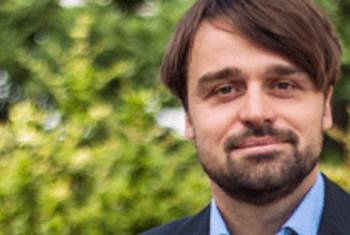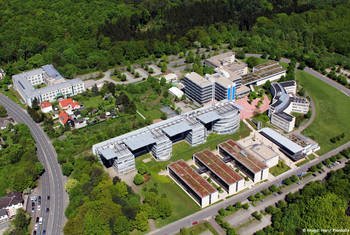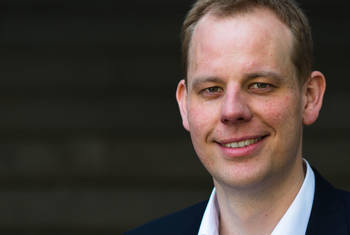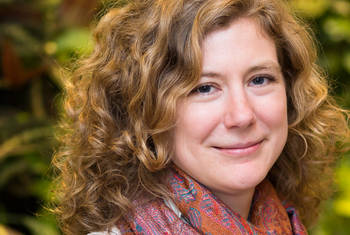Andreas Glöckner Which Cognitive Process Is Used to Adapt Decision Making to Different Contexts?
Andreas Glöckner is a Senior Research Fellow and Professor of Psychological Assessment, Judgement and Decision Making, at the Georg August University Göttingen, Germany. Between 2007 and 2013, Glöckner was the leader of the Max Planck Research Group ‘Intuitive Experts’. Glöckner’s research focus is on the decision making process in both individuals, as well as in groups and organizations. He also uses his theoretical research to consult on matters of human resource development and personnel assessment. Glöckner aims to provide new knowledge on how to make better choices.
Area of Research
Decision-Making, Judgment, Intuition, Connectionist Models, Methodology, Legal Reasoning, Public Policy
since 2015
Professor of Cognitive Psychology: Judgment, Decision Making, Action
University of Hagen (FernUniversität in Hagen) (more details)
since 2013
Senior Research Fellow
Max Planck Society
Max Planck Institute for Research on Collective Goods
2012-2015
Professor of Psychological Assessment, Judgment, and Decision Making
University of Göttingen (Georg-August-Universität Göttingen)
2007-2013
Leader Max Planck Research Group Intuitive Experts
Max Planck Society
Max Planck Institute for Research on Collective Goods
2006-2007
Invited Senior Research Fellow
Max Planck Society
Max Planck Institute for Research on Collective Goods
since 2004
Business Consultant
Strategic Human Resource Management & eHR
2004-2006
Lecturer and Research Fellow
University of Erfurt (Universität Erfurt)
Department of Social and Organisational Psychology
2001-2004
Manager Strategic Executive Development
Deutsche Lufthansa AG
2011
Habilitation in Psychology
University of Erfurt (Universität Erfurt)
2006
PhD in Psychology
University of Erfurt (Universität Erfurt)
2001
Diploma in Psychology
Heidelberg University (Ruprecht-Karls-Universität Heidelberg)
2000
Master of Science in Psychology
University of Oregon, Eugene, USA
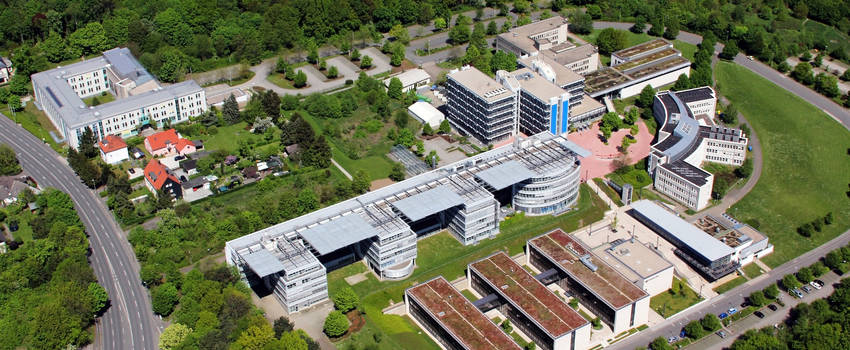 © FernUniversität Hagen
© FernUniversität Hagen

University of Hagen (FernUniversität in Hagen)
"The FernUniversität in Hagen – University of Hagen - is the only state-maintained distance teaching university in the German-speaking countries and regions. They benefit from our modern distance education system which combines pedagogically well prepared study units with individual support, net-based co-operation in seminars and working groups, online communication offers and face-to-face sessions (Blended Learning). Contact and contact persons for the students are to be found on the main campus at Hagen as well as at the around 30 study centres in Germany, Austria and Central and Eastern Europe. Since we offer a real alternative to on-campus studies with high-quality final degrees (Bachelor, Master and Doctorate), we particularly also stand for the trend towards lifelong learning. That is why about 80,000 students have chosen to study with us." (Source)
Map
In the eye-tracking experiment presented in this video it was observed how people make choices in different environments. The results show that people adapt their decision behavior only gradually to different situations and do not switch between different strategies, as often hypothesized. As ANDREAS GLÖCKNER explains this new single-strategy model fits reality better and thus is apt to produce insights for public policy. It leads to better answers on how to make better choices, how to avoid decision traps, and which information people need to make good decisions.
LT Video Publication DOI: https://doi.org/10.21036/LTPUB10147
What is Adaptive about Adaptive Decision Making? A Parallel Constraint Satisfaction Account
- Andreas Glöckner, Benjamin E. Hilbig and Marc Jekel
- Cognition
- Published in 2014


